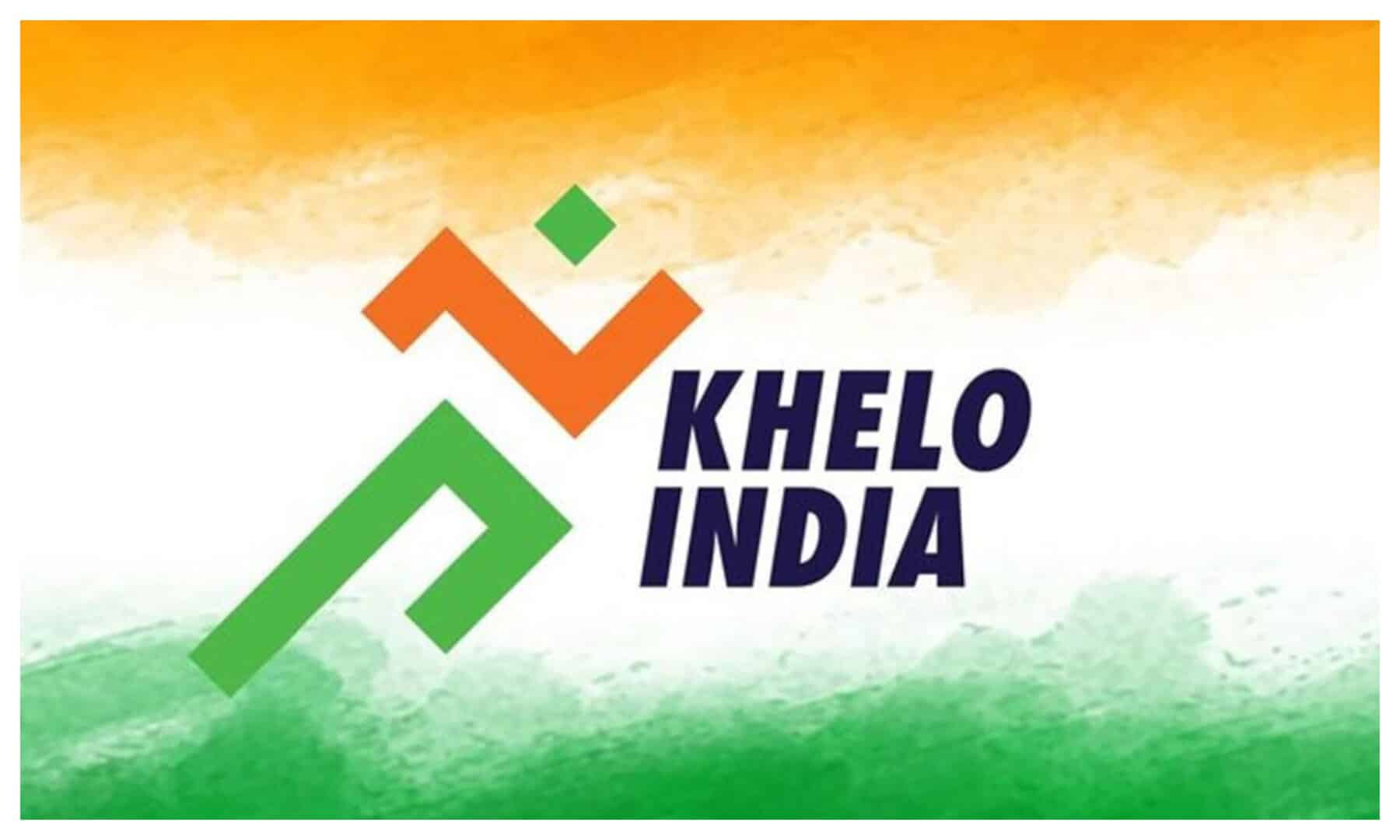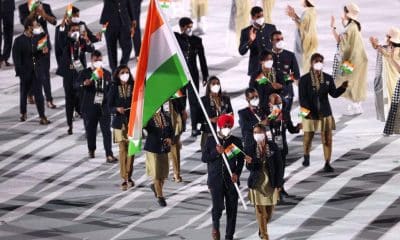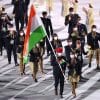News
Uneven Playing Field: The Politics of India’s Sports Budget Allocation
Examining the Disproportionate ‘Khelo India’ Grants and Their Implications for Sporting Development
The allocation of funds under the ‘Khelo India‘ scheme has recently come under scrutiny, raising questions about the underlying motivations behind these financial decisions. The disproportionate allocation of Rs 608.37 crore to Gujarat and Rs 503 crore to Uttar Pradesh, both BJP-ruled states, compared to the meager Rs 33 crore given to Tamil Nadu, has sparked a debate on whether the sports budget is being utilized for political gains rather than genuine sporting development.
The ‘Khelo India‘ scheme, launched in 2017, aims to revive sports culture in the country by aiding states in building and upgrading sports facilities, appointing coaches, and nurturing talent. The scheme also supports the hosting of school games, university games, rural sports, and sports for the differently-abled. However, the recent allocations have led to widespread criticism, particularly from states that have received significantly lower grants despite having a rich sporting tradition.
Tamil Nadu, for instance, successfully hosted the Chess Olympiad on short notice, showcasing its organizational capabilities and commitment to sports. Yet, the state received only Rs 33 crore under the ‘Khelo India’ scheme. This stark contrast with Gujarat and Uttar Pradesh’s hefty allocations raises eyebrows. If a committee of experts made these recommendations, the basis for such decisions remains undisclosed, fueling suspicions of political motivations behind the funding.
The allocation decisions seem to make more political sense than sporting sense, especially with both Gujarat and Uttar Pradesh being crucial for the BJP in the upcoming Lok Sabha elections. Grants, scholarships, and the appointment of athletes and coaches in rural areas can significantly influence voter sentiment, benefiting the ruling party in these key states. This suspicion is further bolstered by the substantial grants given to Karnataka and Rajasthan, two states with impending elections.
When the Union Ministry of Youth Affairs and Sports revealed the state-wise break-up of funds in Parliament on August 2, many sports community and some regional politicians voiced their disbelief and frustration. Gujarat, known more for its cricket stadiums and a few prominent cricketers, is not yet a sporting powerhouse. The state’s representation in various sports, barring a few exceptions like cricket, badminton, and table tennis, has been limited.
In stark contrast, Tamil Nadu, Kerala, and other southern states boast rich sporting traditions and have consistently produced top athletes. Yet, the combined allocation for all southern states is less than what Gujarat alone received. This discrepancy highlights a potential bias in fund distribution, undermining the objective of the ‘Khelo India’ scheme to promote sports uniformly across the country.
Arunachal Pradesh’s allocation of Rs 183 crore, higher than states like Jharkhand, Goa, Odisha, Uttarakhand, and Kerala, further adds to the controversy. Despite receiving a significant grant, Arunachal Pradesh did not have a single athlete in the Indian contingent for the Commonwealth Games in Birmingham, raising questions about the effectiveness of fund utilization.
States like Haryana and Punjab, which sent the highest number of athletes to the Commonwealth Games, received relatively lower allocations compared to Gujarat and Uttar Pradesh. This imbalance calls for a re-evaluation of the criteria used for fund distribution. The Parliamentary Standing Committee on HRD, in its 2019 report, noted that only 13 states had received grants under the ‘Khelo India’ scheme, leaving out states like Bihar, Jharkhand, and Odisha.
The ‘Khelo India’ scheme’s noble objective of fostering sports culture should not be overshadowed by political considerations. The recent allocations, perceived as politically motivated, risk undermining the scheme’s credibility and effectiveness. For ‘Khelo India’ to truly succeed, the government must ensure transparent and equitable fund distribution based on sporting needs and potential rather than political expediency.



































Pingback: Congress Slams Bias in Sports Funding for Punjab and Haryana